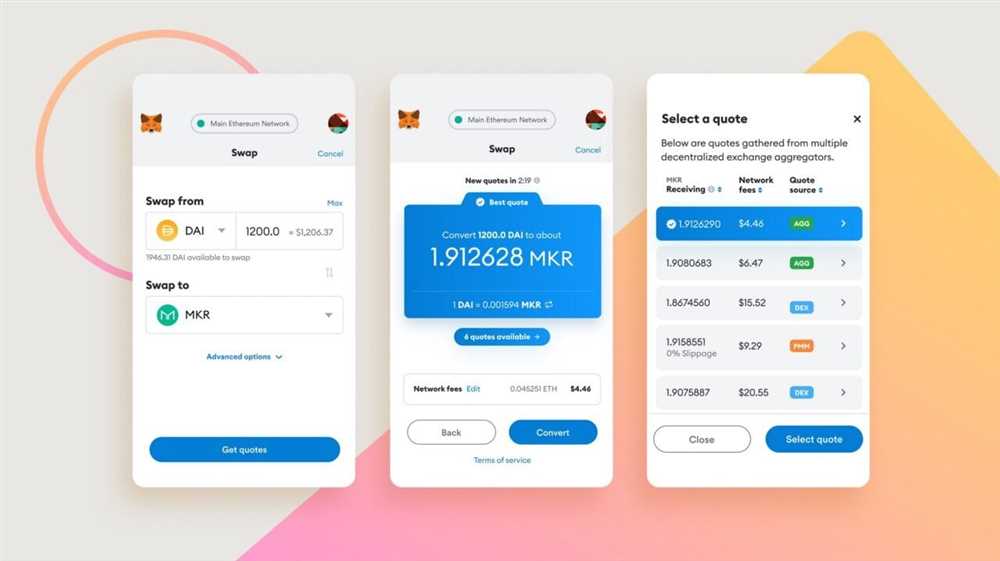
In the world of blockchain technology, the concept of wallets is crucial for the secure storage and management of cryptocurrencies. Ethereum, one of the leading blockchain platforms, introduced a revolutionary solution known as Metamask. This open-source browser extension has gained significant popularity among Ethereum users, offering a seamless and secure way to interact with the Ethereum network.
What sets Metamask apart from traditional Ethereum wallets is its open-source nature. Built by a team of developers, Metamask allows anyone to view, modify, and distribute its source code, making it transparent and auditable. This openness ensures that the wallet’s functionalities can be verified by experts in the field, mitigating the risk of hidden vulnerabilities or backdoors.
By embracing open-source principles, Metamask has fostered a vibrant community of developers who actively contribute to its improvement. This collaborative approach has resulted in constant updates and bug fixes, ensuring that users always have access to the latest security features and performance enhancements. The ability to review and enhance the source code has also inspired the creation of various Metamask forks, further expanding the wallet’s functionality and customization options.
Another key advantage of Metamask’s open-source nature is the potential for integrating it with other applications and services. Developers can leverage the wallet’s APIs and build upon its functionalities to create innovative solutions that enhance the Ethereum ecosystem. This flexibility and interoperability make Metamask a preferred choice for dApp developers, enabling them to seamlessly integrate their decentralized applications with the wallet.
The Emergence of Open Metamask
Metamask, being an open-source browser extension, has revolutionized Ethereum wallets and the way cryptocurrency users interact with the Ethereum blockchain. It emerged as a solution to the complex nature of managing Ethereum accounts and interacting with decentralized applications (dApps).
At its core, Metamask is a digital wallet that allows users to securely store, manage, and interact with Ethereum-based assets and dApps. With the emergence of Metamask, users gained the ability to seamlessly connect their web browsers to the Ethereum blockchain, transforming the way they interact with decentralized applications.
Building Trust with Open Source

A significant factor contributing to the success and popularity of Metamask is its open-source nature. The open-source codebase allows anyone to review, contribute, and improve the software, which fosters a sense of trust and transparency among users and developers.
By making the codebase open source, Metamask enables the community to identify and fix vulnerabilities, improving the security of the wallet. This collaborative approach also encourages the development of new features and enhancements from the community, making Metamask more versatile and user-friendly.
In addition, Metamask’s open-source nature ensures that users have full control over their funds and can audit the code themselves, eliminating the need to blindly trust a closed-source wallet. This increased transparency and security have made Metamask a preferred choice among users and developers within the Ethereum ecosystem.
Interoperability and Integration
Metamask’s open-source nature has also facilitated its widespread integration and interoperability with various Ethereum-based applications and services. The open architecture allows developers to build and integrate their dApps, smart contracts, and decentralized finance (DeFi) platforms with Metamask seamlessly.
As a result, Metamask has become the go-to wallet for interacting with DeFi protocols, token sales, and other Ethereum-based applications. Its interoperable nature has extended its functionality beyond a basic wallet, enabling users to easily engage with the multitude of services available within the Ethereum ecosystem.
Metamask’s emergence as an open-source Ethereum wallet has truly transformed the way cryptocurrency users interact with the Ethereum blockchain. Its open nature promotes trust, transparency, security, and interoperability, making it an invaluable tool for both users and developers in the Ethereum ecosystem.
Understanding Ethereum Wallets
Ethereum wallets are digital wallets that allow users to store, send and receive their Ether (ETH), as well as interact with decentralized applications (DApps) built on the Ethereum blockchain. These wallets provide a secure and convenient way for users to manage their Ethereum assets and participate in the Ethereum ecosystem.
There are different types of Ethereum wallets available, each with its own unique features and characteristics. Let’s explore some of the most common types:
1. Software Wallets:

Software wallets are applications that can be downloaded and installed on your device, such as a computer or smartphone. They offer a user-friendly interface, making it easy for users to manage their Ethereum assets. Examples of popular software wallets include MetaMask, Trust Wallet, and MyEtherWallet.
2. Hardware Wallets:
Hardware wallets are physical devices that store your Ethereum private keys offline, providing an extra layer of security. These wallets are typically USB-like devices and are considered to be one of the most secure options available. Examples of popular hardware wallets include Ledger Nano S and Trezor.
It’s important to note that Ethereum wallets do not actually store your Ether. Instead, they store the private keys that allow you to access and manage your Ethereum assets. These private keys should be kept secure and never shared with anyone, as they give full control over your Ethereum holdings.
When choosing an Ethereum wallet, it’s crucial to consider factors such as security, user experience, and compatibility with the DApps or services you plan to use. Additionally, it’s recommended to take regular backups of your wallet’s private keys or recovery phrases to prevent any potential loss of funds.
In conclusion, Ethereum wallets play a vital role in the Ethereum ecosystem, providing users with a secure and convenient way to store and manage their Ether. By understanding the different types of wallets available and their features, users can make informed decisions when choosing the most suitable wallet for their needs.
A Deep Dive into Wallet Functionality

When it comes to Ethereum wallets, functionality is crucial. In this section, we will take a closer look at the key features that make Open Metamask stand out.
Secure Storage

One of the fundamental aspects of any wallet is secure storage. Open Metamask provides a reliable solution for storing Ethereum private keys and other sensitive information. With encrypted storage and passphrase protection, users can have peace of mind knowing that their assets are safe.
Account Management

Managing multiple Ethereum accounts can be a hassle, but Open Metamask simplifies this process. With just a few clicks, users can create and switch between different accounts, allowing them to separate personal and business transactions effortlessly.
Transaction Management
Open Metamask offers an intuitive interface for managing Ethereum transactions. Users can check their transaction history, review pending transactions, and even set gas fees to ensure swift and reliable transfers. With these features, users have full control over their funds and can track their activity with ease.
DApp Integration

As an Ethereum wallet, Open Metamask seamlessly integrates with various decentralized applications (DApps). Users can interact with DApps directly from the wallet, enabling them to participate in decentralized finance, play games, and access other blockchain-based services easily.
In conclusion, Open Metamask provides a wide range of wallet functionality, encompassing secure storage, account management, transaction management, and DApp integration. Its user-friendly interface and robust features make it a go-to choice for Ethereum users looking for a reliable and versatile wallet.
Revolutionizing the Wallet Experience

With the advent of blockchain technology, the concept of digital wallets has rapidly evolved. Gone are the days when wallets were merely used to store and transfer cryptocurrencies. The introduction of Open Metamask has taken the wallet experience to a whole new level, revolutionizing the way we interact with our digital assets.
Open Metamask, an open-source Ethereum wallet, has democratized the access to and management of digital assets. Its user-friendly interface and innovative features have made it a preferred choice for millions of users worldwide.
One of the key features that sets Open Metamask apart is its seamless integration with various decentralized applications (dApps). Users can now access a wide range of dApps directly from their wallets, eliminating the need for multiple accounts and passwords.
Open Metamask also offers enhanced security measures to protect users’ funds and personal information. It enables users to generate and manage their own private keys, ensuring full control and ownership of their assets. Additionally, Open Metamask supports hardware wallets, providing an extra layer of protection against malicious attacks.
The wallet experience has also been revolutionized by the introduction of transaction customization. Open Metamask allows users to set their own gas fees and transaction speeds, providing them with greater control over their transactions. This feature has greatly improved the overall user experience, making transactions faster and more cost-effective.
Furthermore, Open Metamask has made it easier for developers to create and deploy their own dApps. Its open-source nature allows developers to access and leverage the wallet’s extensive API, making it a versatile platform for building decentralized applications.
In conclusion, Open Metamask has truly revolutionized the wallet experience. Through its open-source nature, seamless integration with dApps, enhanced security measures, transaction customization, and developer-friendly features, it has become a game-changer in the world of digital wallets. As the blockchain ecosystem continues to evolve, Open Metamask will undoubtedly play a pivotal role in shaping the future of decentralized finance.
Open-Source Nature as a Game-Changer

The open-source nature of software development has revolutionized the world of technology, and it seems fitting that it is now making waves in the world of Ethereum wallets. Open-source software refers to programs or applications whose code is made available to the public, allowing anyone to view, modify, or distribute it. This collaborative approach has proven to be a game-changer in many fields, including the development of Ethereum wallets.
One of the key advantages of open-source nature is the transparency it offers. With closed-source wallets, users have to trust that the developers have implemented effective security measures and have not hidden any malicious code. However, with open-source wallets like Metamask, the code is readily available for inspection by anyone who wishes to do so. This transparency builds trust and gives users confidence in the security of their funds.
Another significant benefit of open-source wallets is the ability for users to customize and tailor the software to their specific needs. Open-source wallets like Metamask encourage collaboration and welcome contributions from the community. This means that developers can create plugins, extensions, and add-ons that enhance the functionality and user experience of the wallet. It allows for a level of customization and personalization that closed-source wallets simply cannot provide.
Additionally, the open-source nature of Metamask allows for rapid innovation and improvement. With a global community of developers contributing to the project, bugs and vulnerabilities can be identified and fixed quickly. This constant cycle of feedback and improvement ensures that the wallet remains secure and up-to-date with the latest advancements in Ethereum technology.
Conclusion
The open-source nature of Metamask and other Ethereum wallets has undoubtedly revolutionized the way we interact with blockchain technology. It provides transparency, trust, customization, and innovation, making it a game-changer in the world of cryptocurrency wallets. As the technology continues to evolve, the open-source approach will undoubtedly play an integral role in shaping the future of Ethereum wallets and the broader blockchain ecosystem.
The Future of Open Metamask

As the popularity of Ethereum and decentralized applications continues to grow, the future of Open Metamask looks bright. With its open-source nature and commitment to user privacy and security, it is positioned to become the go-to wallet for Ethereum users.
One of the key areas where Open Metamask is likely to make significant strides is in user experience. The team behind Open Metamask is constantly working on improving the wallet’s interface and simplifying key processes, making it more user-friendly for both novice and experienced users.
Another aspect that holds promise for the future of Open Metamask is its integration with other blockchain platforms. While it currently supports Ethereum, there are plans to integrate with other blockchain networks, allowing users to manage their assets across multiple chains from a single wallet.
Additionally, Open Metamask is expected to expand its features and functionalities. There are proposals for the inclusion of decentralized identity management, allowing users to have control over their personal information. This would further enhance privacy and security on the platform.
The team also plans to introduce a mobile version of Open Metamask, catering to the increasing number of users accessing decentralized applications from their smartphones. This would provide greater convenience and accessibility to users, enabling them to manage their Ethereum assets on-the-go.
In conclusion, the future of Open Metamask looks promising, with a continued focus on enhancing user experience, expanding blockchain integrations, introducing new features, and developing a mobile version. These advancements will solidify Open Metamask’s position as a leading Ethereum wallet and contribute to the wider adoption of decentralized applications.
Frequently Asked Questions:
What is Open Metamask?
Open Metamask is a open-source wallet application for the Ethereum blockchain.
How does Open Metamask differ from other Ethereum wallets?
Unlike other Ethereum wallets, Open Metamask is open-source, which means that its source code is publicly available and can be audited by anyone. This increases transparency and security.
Why is the open-source nature of Open Metamask important?
The open-source nature of Open Metamask allows developers to review and improve the code, ensuring that there are no hidden vulnerabilities or backdoors. This makes the wallet more trustworthy and secure for users.
Can I use Open Metamask with other blockchains?
No, Open Metamask is specifically designed for the Ethereum blockchain and is not compatible with other blockchains.
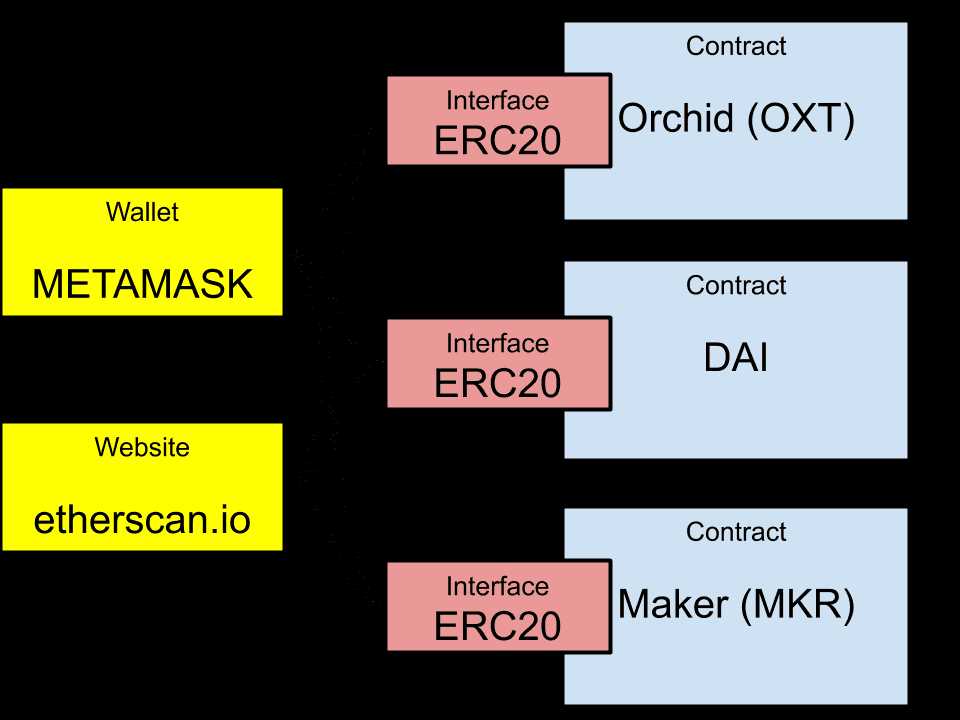

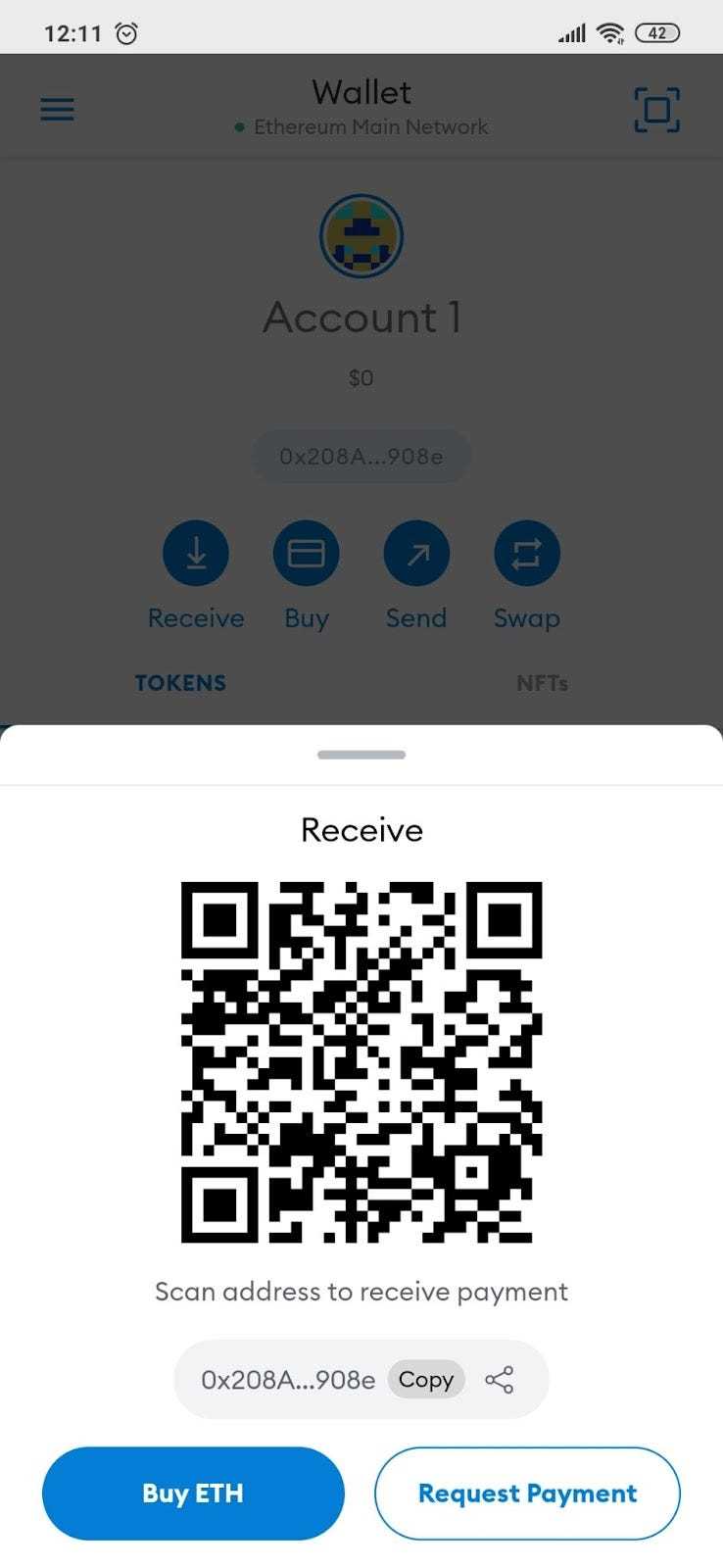
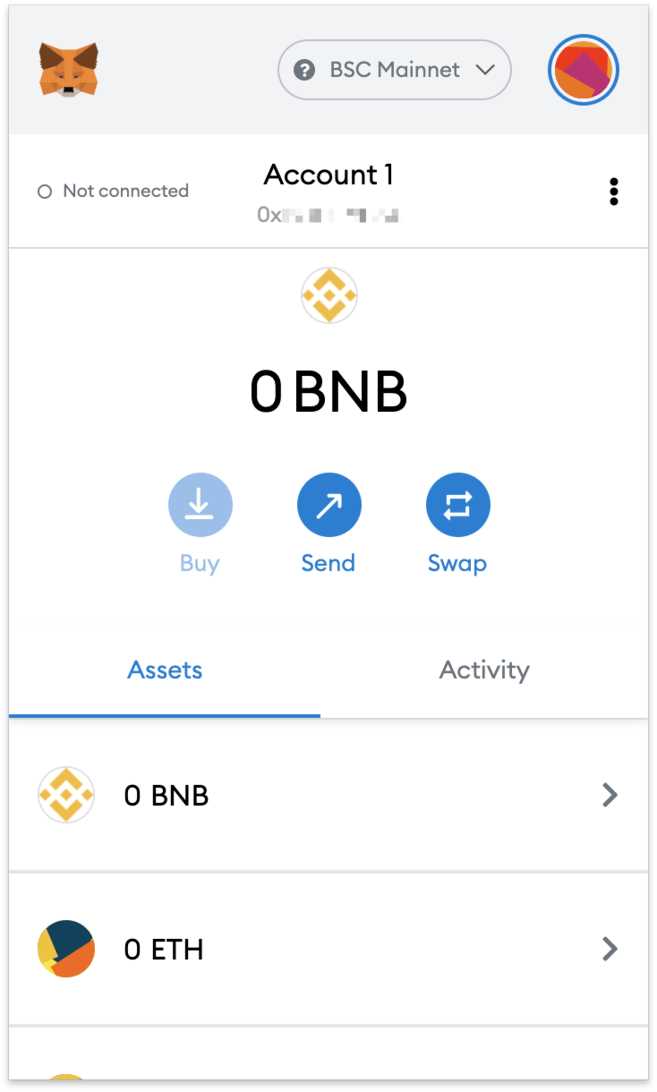
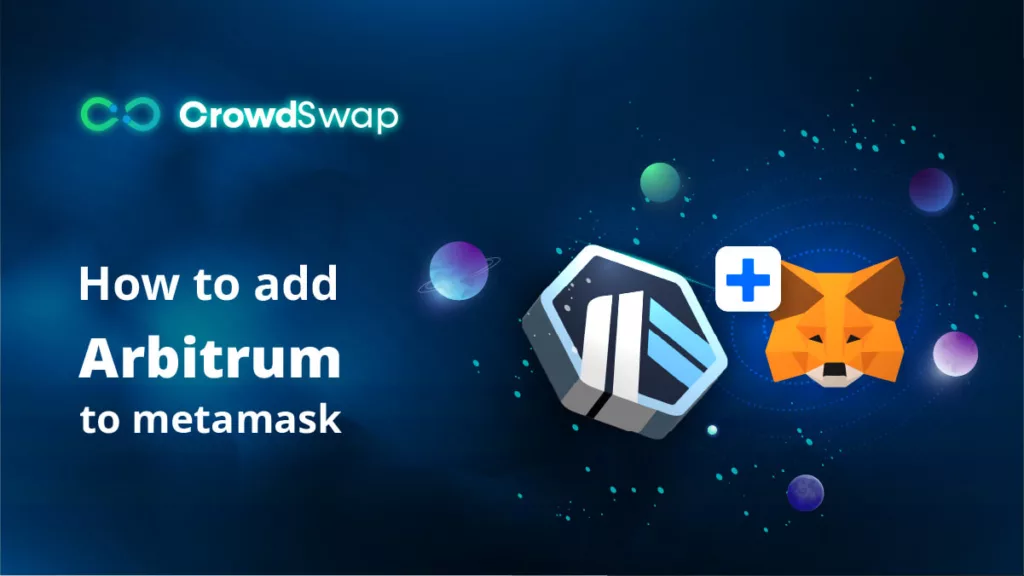
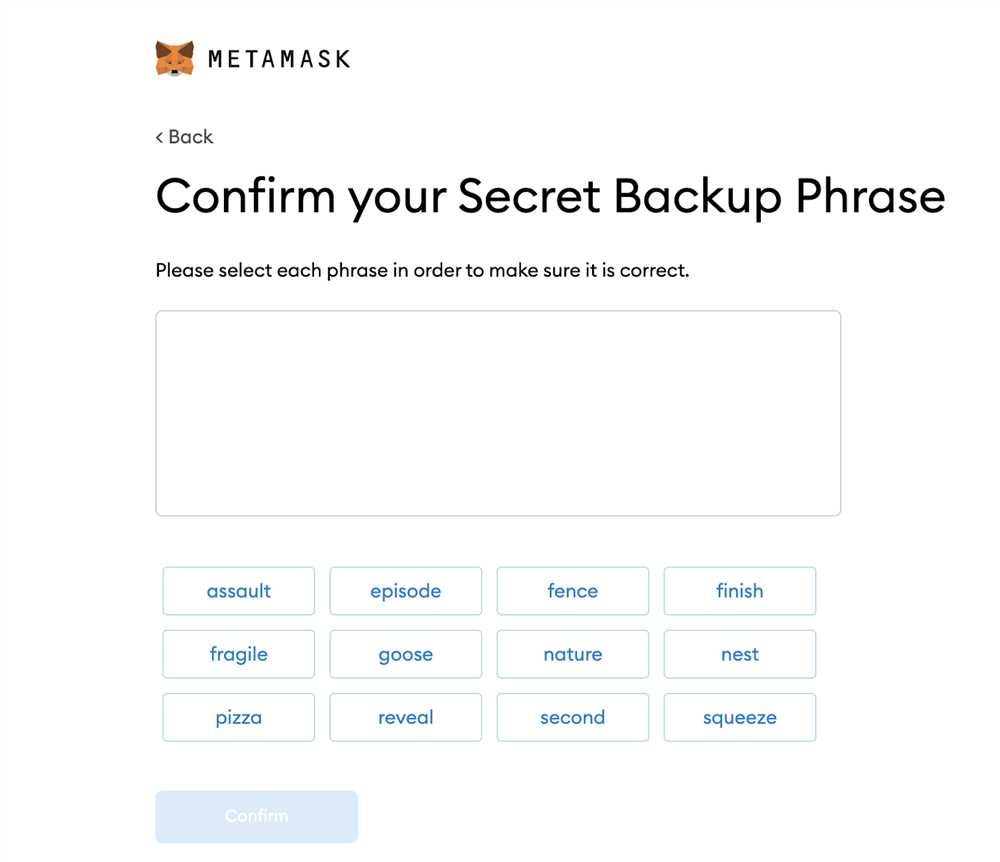
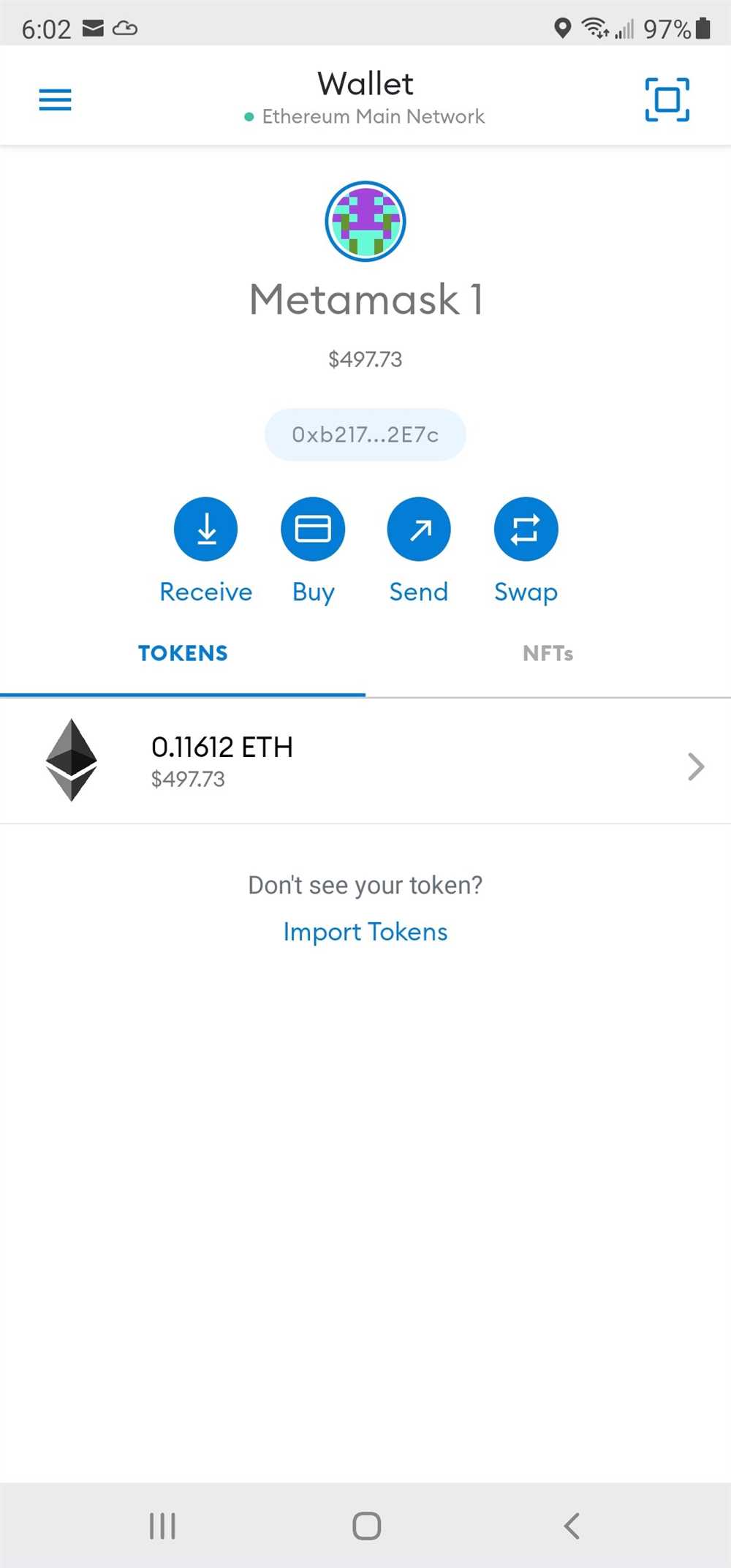
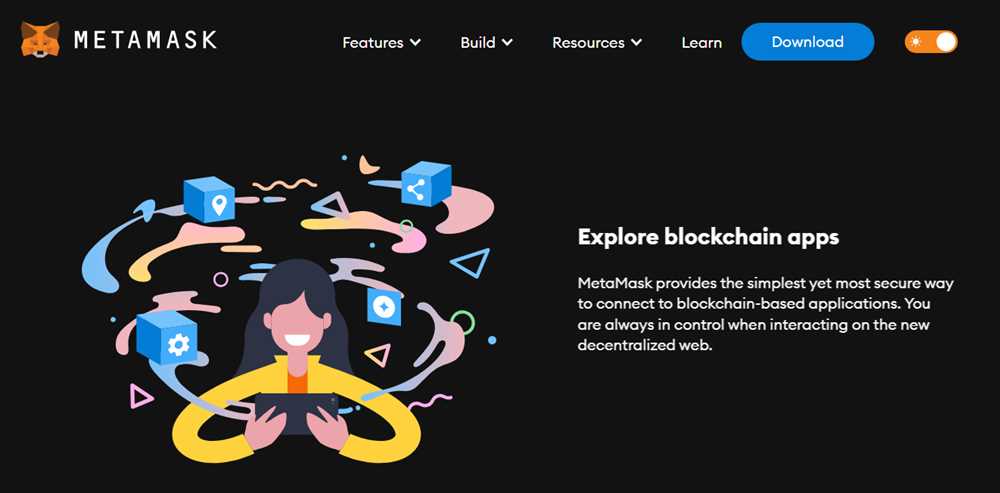
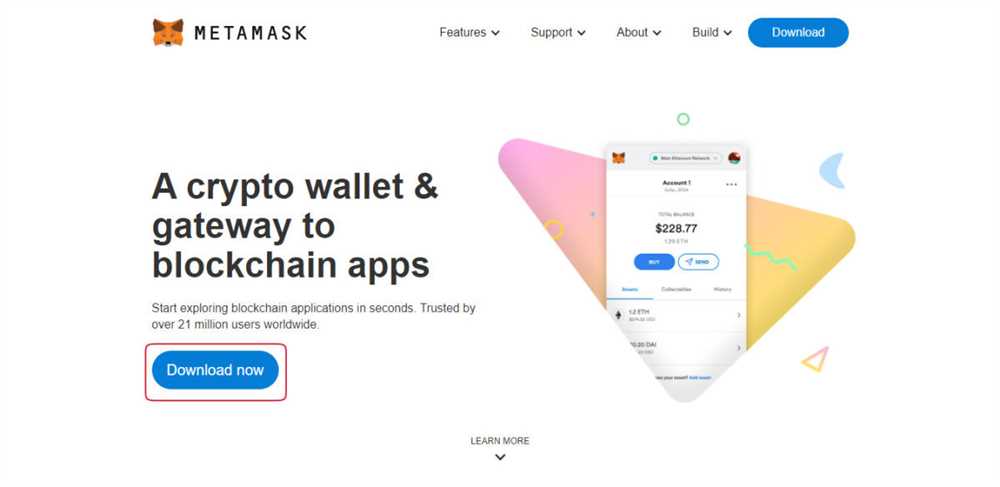
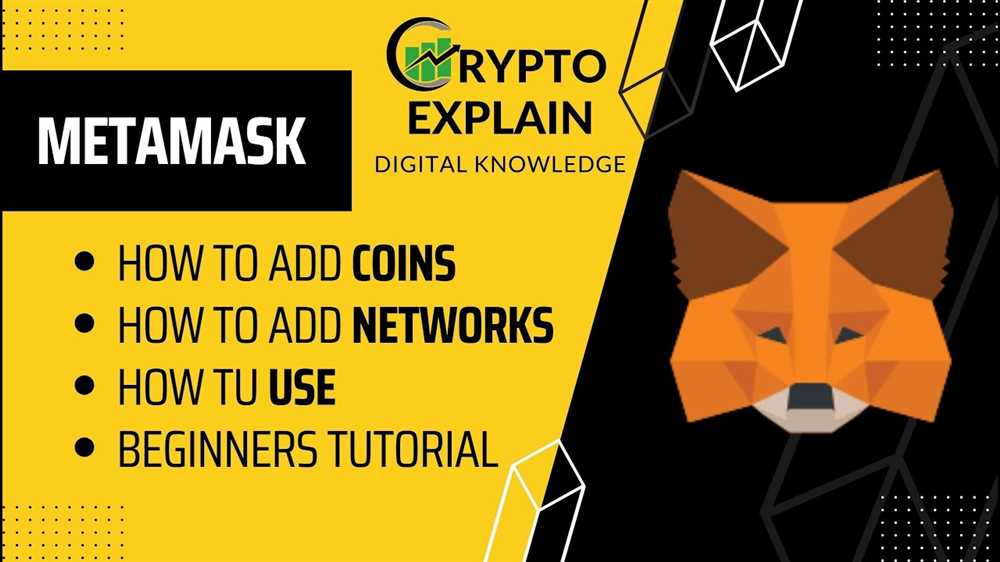
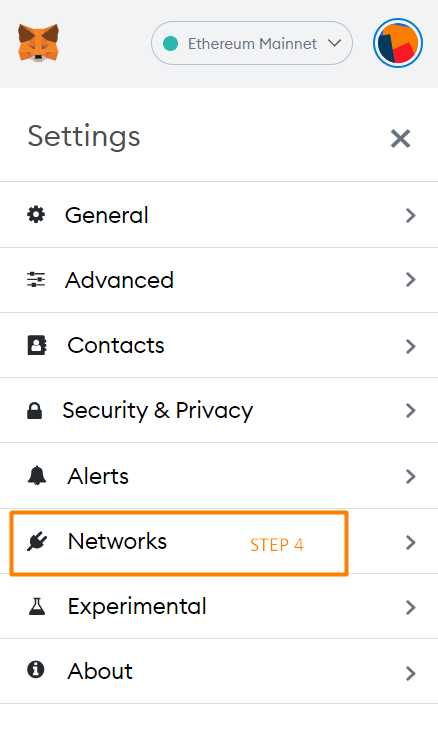
+ There are no comments
Add yours